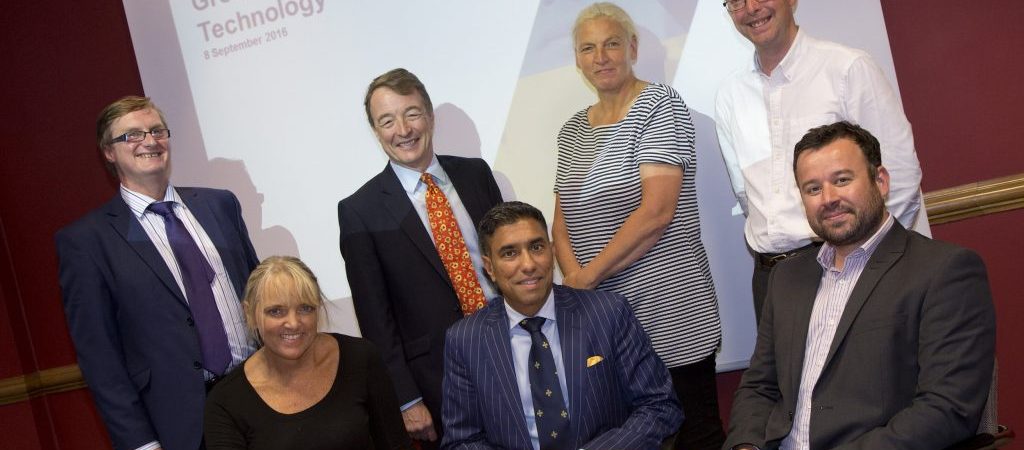
First business mentor appointed to new Growth through Mentoring programme
The North East LEP’s new Growth through Mentoring programme has recruited its first high growth mentor.
Andrew Silver, a prominent North East business leader, will be paired with a business leader from a North East company who has ambitions to scale up their organisation.
Andrew said:
I’ve had the benefit of being mentored myself during my career and I know the value of having someone external to your organisation, who has the experience of growing a business themselves, on hand to offer advice and guidance.
The North East has a high predominance of SMEs and making sure that these businesses are able to access guidance through mentoring is hugely important.
Growth through Mentoring has been launched as part of the North East LEP’s drive to support companies to scale, helping to create more and better jobs and drive economic growth in the region.
Research has shown that, in the UK, only 22% of SMEs receive mentoring, despite its proven success in improving a business’s likelihood of experiencing growth.
Andrew continues:
I have a track record of leading businesses through periods of accelerated growth as well as developing senior managers to meet their full potential. I know that, by acting as a trusted adviser, a mentor can provide a useful sounding board, ensure the business avoids common pitfalls and help keep it on track.”
It’s also about networks – as a mentor, I can introduce my mentee to a wider network of people. I may not have all the answers myself but I probably know others who do.
So what makes a successful mentor-mentee relationship?
As a mentor, you have to be really good at listening and hear what your mentee is not saying, as well as what they are saying,” said Andrew. “You also have to understand that you are there to question and share insights and to help them apply the conclusions of the conversations and ensure there are clear KPI’s to measure performance.
From the other side of the relationship, a mentee should go into the process with an open mind, ready to learn and be clear about what they are hoping to get out of it. Have some milestones in mind – if we set out on this journey, what do you want from it?
I have two sons who are at the age where they’re about to step out into the big wide world and I know how important guidance and mentoring will be in their lives. As they start their careers, I’m looking forward to getting started in my own new role as a mentor with the North East LEP.
Find out more about the Growth through Mentoring programme.








